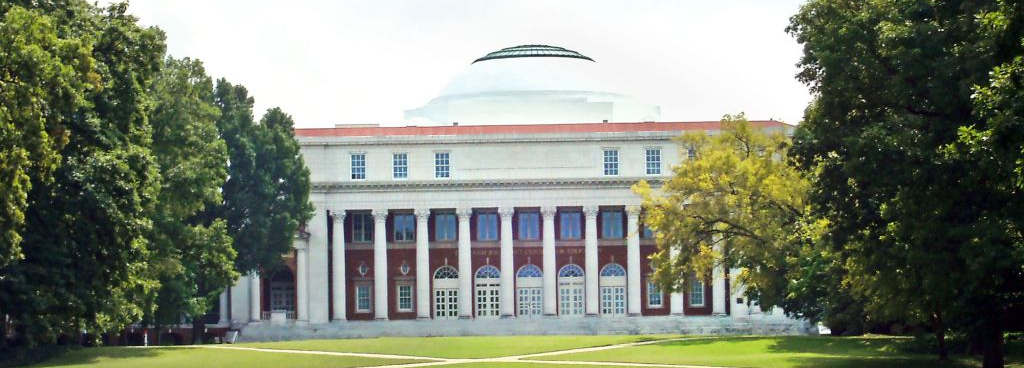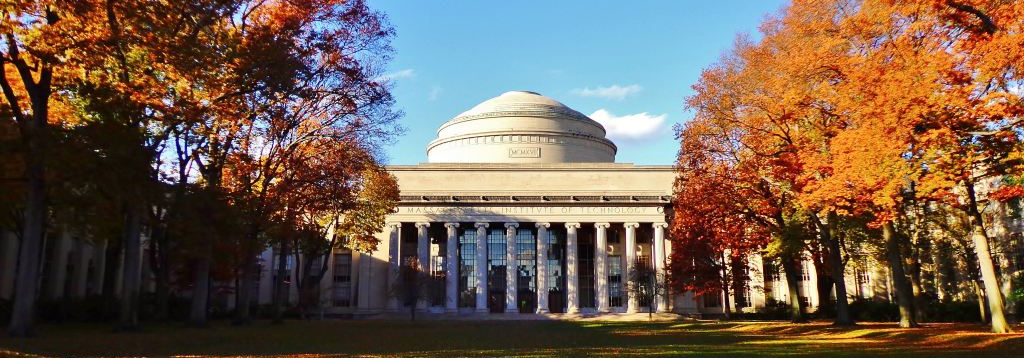Embarking on a new journey is a challenging task to undertake. Going to college is among the most difficult new journeys, given that, for many students, it marks the first time being on your own and navigating a complex system. For first-generation college students, the journey can be even more challenging, considering you cannot turn to family members for guidance. Many students may feel inclined to default to the lone wolf mentality: “I’ve gotten this far on my own, so I can keep doing things on my own.”
But college is an entirely different beast than what most students have ever experienced. To succeed as a first-generation college student, you must find your community and your voice. Luckily, you are not alone — 54% of U.S. undergraduates are first-generation students.
The summer before college is an ideal time for you to perform college research to learn what resources and services are available. The early weeks of college can be overwhelming, so use the summer to familiarize yourself as much as possible with your school. One key aspect you should research is whether or not your institution offers a transition program geared specifically for first-generation students. Not only will these programs help you adjust to college life, but they also help you meet other first-generation students.
Adjusting to College as a First-Gen Student
Another tactic students can and should employ is to communicate their status to their peers. First-generation students might suffer from imposter syndrome or shame for being the first in their families to embark on a college journey. Consequently, they may keep their status hidden from their peers. But this mentality can be counterintuitive and negatively impact your performance in college. While it may be intimidating at first, share your status with your friends, professors, and any other appropriate individuals you might come across during your time in college.
In this way, you can begin to find a community of peers that share your experiences and discover a safe space where you can discuss any troubles you might experience throughout your studies. Having such a group will help you remember that you’re not alone in this new experience.
Oftentimes, where students struggle most in college regardless of their status is admitting that they need help. By being open about past experiences, you can mitigate these barriers and troubleshoot appropriate next steps with your friends.
How to Find Your College Community
Create a club or organization for students like you. Some students might find themselves at institutions that don’t have a club or support service for first-generation students. In these cases, you are presented with a fantastic leadership opportunity to begin a club or advocate to administration for services first-generation students will need to flourish in college. While the process of undertaking these efforts can be arduous, the benefits are nearly limitless. Not only would you learn how to navigate more political systems, but you also stand to create a resource that would make it easier for the first-generation college students that come after you.
Don’t be afraid to contribute to the classroom. All the topics covered thus far relate to resources and services students can either access or create for themselves. But the in-class experience can be markedly different for first-generation college students. You might feel hesitant to speak up in class, fearing that your contributions won’t match those of your counterparts whose parents have gone to college. However, everyone’s voice matters. Your experiences as a first-generation college student are invaluable in a classroom setting because it advances the conversation and contributes to other students’ understanding of course materials and different life perspectives.
Get to know your professors. You should prioritize visits to your professors during their office hours and express any concerns you have about the dynamics of the class. Doing so would allow you to brainstorm ideas between yourself and your professors about how to increase your class participation in a manner that is less stressful than contributing to class discussion on the fly.
On average, professors are more than willing to help students better understand the class lectures and materials, and you may even discover that some of your professors were first-generation college students themselves!
Navigating college when you are the first in your family to do so is a challenging process. But you can implement a variety of tactics to make the process easier. Researching resources and services, communicating your first-generation status, starting a club, advocating for resources, and strategizing with professors on how to contribute to class discussions are all tools that first-generation college students can utilize to make the college experience better.
The IvyWise Scholars program offers free college admissions guidance from IvyWise experts to high-achieving, low-income students to help them reach their college goals — providing support through every facet of the application and selection process. Our goal is to empower students to achieve their personal and academic goals, discover and develop their passions, and find success in the admissions process and beyond.




